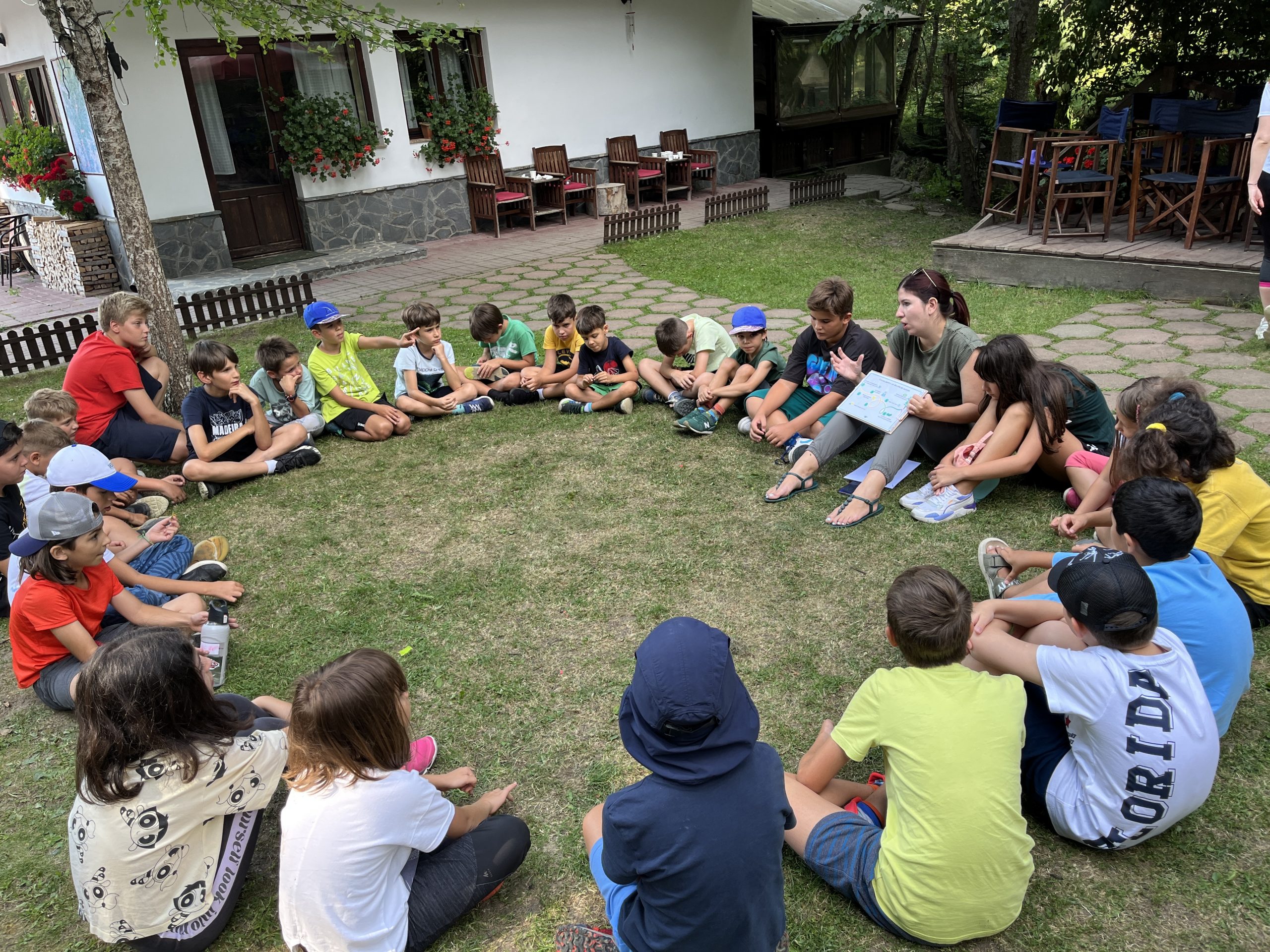
"What do I do? I'm bored!"
"Mom, dad...I'm bored..." Sounds familiar?
When children bring up boredom, we tend to "solve" the situation and offer them alternatives of structured activities, different bits of reading, or even a little time on the phone or tablet. However, experts point out that boredom can actually be beneficial in children's lives, helping them to understand what they like and what they don't, what stimulates them and what types of activities to focus on in the future.
Children need time to themselves – to disconnect from the bombardment of the outside world, to daydream, to pursue their own thoughts and pursuits, and to discover their personal interests and talents.
Regardless of the age of the children, it is useful to talk and discuss their interests and passions. Depending on what they like or what they want to explore, we can find a range of activities together and set short and long term goals together. Young children usually need a range of relatively short activities to choose from, and their 'menu' of choices may include things like art projects or playing sports outside. Older children can tackle longer projects, such as planting seeds or preparing a presentation about an interesting topic. These types of projects train children to be more organized, teach them how to divide a task into steps and how to organize themselves. Older children need to get outside too, so practicing sports skills could be a short-term escape from boredom. Children could also choose time to devote to a book from a favorite series.
"Boredom helps children develop valuable skills" - he says Stephanie Lee, psychologist within Center for Behavioral Disorders from Child Mind Institute. Boredom helps children develop tolerance for less than ideal experiences. Through daily experiences, life requires us to manage our frustrations and regulate our emotions when things don't go our way, and boredom is a great way to learn this skill.
Boredom also helps children develop planning strategies, problem-solving skills, flexibility and organizational skills.
Boredom stimulates creativity, imagination, self-esteem and original thinking. The key is to help children learn how to manage their boredom so that they develop independence and feel in charge of their own happiness and well-being. How exactly can we do this?
Children need as varied experiences as possible, unfolding gradually, over an extended period of time. Playing with legos helps develop fine motor skills and spatial orientation, playing with others teaches little ones to collaborate, accept different opinions and regulate their emotions, and creative activities make room for free expression. learning Children also need to be physically active. Their bodies are designed to move, and if they don't, it's harder for them to maintain focus and stay in a good mood.
We need to tackle children's boredom with enthusiasm and give them the space and resources to build their own activities.
By helping children see boredom as an opportunity to do something, they will try new activities, develop a better tolerance for frustration, learn how to take initiative and enjoy themselves, acquire planning strategies and problem-solving skills, increase their perseverance, increase their self-confidence and get to know themselves better.
*Article written by Veronica Dunga, KEN Academy trainer.
